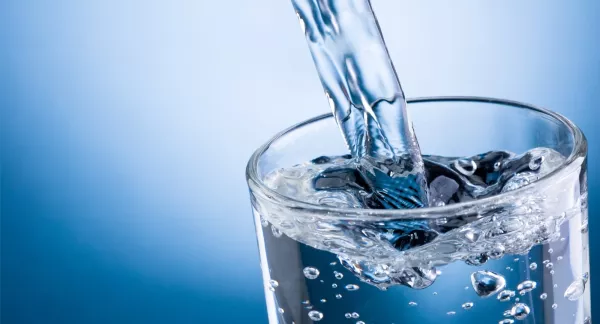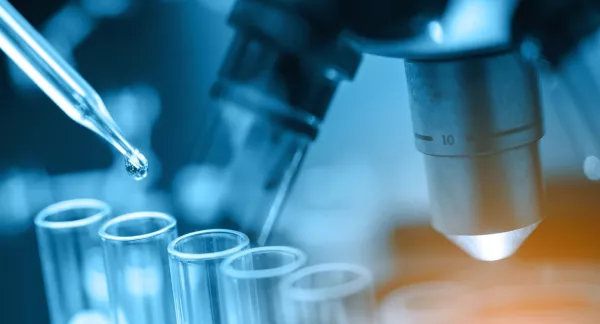Ozone Pretreatment of Non-Nitrified Secondary Effluent Before Microfiltration
Research Impact
Wastewater effluent organic matter (EfOM) is the primary factor limiting microfiltration (MF) performance when treating secondary wastewater effluent at water reuse treatment plants. Fouling by EfOM can lower membrane flux, increase chemical cleaning frequencies and cause irreversible fouling that reduces membrane longevity and treatment efficiency. Optimizing biological oxidation during secondary wastewater treatment could reduce MF fouling, but this approach is not always feasible. In those situations, chemical oxidation using ozone could be an effective alternative. The project was designed to optimize the operation of PVDF MF membranes after ozonation of wastewater effluent and evaluated the impacts of ozonation on other aspects of IPR treatments and the performance of reverse osmosis (RO) membranes that treat MF filtrate.
Originally funded as WERF project Reuse-10-11.

